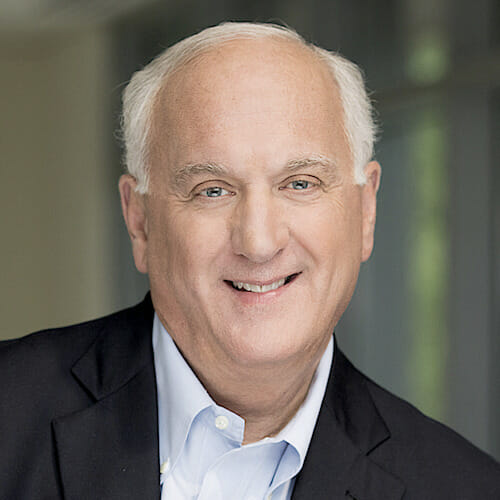
The pandemic changed the American workplace, strikingly so for senior living providers and other service-based companies like Benchmark Senior Living. I could rattle off a litany of negative changes (staffing shortages, rising cost of doing business, etc.), but I want to focus on a positive post-pandemic reality.
Finally, most businesses and other organizations are addressing — or are at least aware of — the critical need to support employees facing mental health issues. COVID-19 didn’t create this need; it did, however, illuminate a longstanding and growing issue.
At Waltham, MA-based Benchmark, we recently launched a new mental healthcare benefit for all our 6,000 employees across 65 locations and seven states. Working with mental healthcare company Spring Health, we now offer six annual appointments with a mental health professional for every employee and their families. This offer includes part-time and per-diem employees and is in addition to services offered through health plan coverage. Spring Health also provides self-guided exercises to improve mental well-being, professional coaching and work-life services.
So far, more than 400 employees have taken advantage of these services since its launch last fall. That amount represents 6% of the company’s total workforce. Not huge numbers yet, but an important step toward facing head on what is a growing healthcare crisis in our nation.
The National Institutes of Health estimates that one in five US adults lives with a mental illness, with child and adolescent prevalence approaching virtually the same rate.
The quality of our mental health affects many aspects of our lives, from our relationships with family and friends to our physical well-being. As such, supporting our workers and their families is the right thing to do for the good of everyone.
Of course, a company’s investment in its employees also is good business.
When we struggle with mental health, our ability to thrive as working professionals is compromised. Consider a 2022 study by the World Health Organization that found that a staggering 12 billion working days are lost annually around the world because of depression and anxiety.
In the United States, the cost of mental health-related lost productivity is estimated at $1 trillion annually. A 2022 Gallup survey found that almost 20% of American workers rate their mental health as “fair or poor,” and that those individuals are almost four times more likely to require time off than colleagues reporting positive mental health.
Providing mental health services as part of a company’s benefits package also can be the difference in retaining and attracting employees.
A 2021 survey of more than 1,700 employees, human resources leaders and executives by the mental health and wellness platform Modern Health found that “73% of employees and 81% of managers indicated they would be more likely to stay at a company that offered high-quality mental health resources” and “73% of non-managerial employees and 76% of managers said they valued mental health benefits over other employer-sponsored perks.”
Companies also must promote availability of mental health services and build awareness of the issue: It’s OK not to be OK. Benchmark uses company newsletters, videos, group discussions and other channels to create awareness. We can do this confidently, as we know we have a resource to turn people to for almost immediate help.
Benchmark’s Spring Health services — both in-person and virtual sessions — strive to schedule an associate’s first session within 48 hours. This is a game changer, as delayed care is a well-documented impediment to treatment in this country.
Timely access to services is among the reasons that Benchmark team members who have used the mental health services rate it at an average of 9.7 out of 10 points.
Initiatives such as the one Benchmark adopted are among a long list of services available to employers. I encourage other business leaders who haven’t already done so to explore options that make sense for your business and your employees.
The emotional and economic value of providing mental healthcare access to workers and their families is tangible and measurable. It’s also the right thing to do.
Tom Grape is founder, chairman and CEO of Waltham, MA-based Benchmark Senior Living.
The opinions expressed in each McKnight’s Senior Living guest column are those of the author and are not necessarily those of McKnight’s Senior Living.
Have a column idea? See our submission guidelines here.


